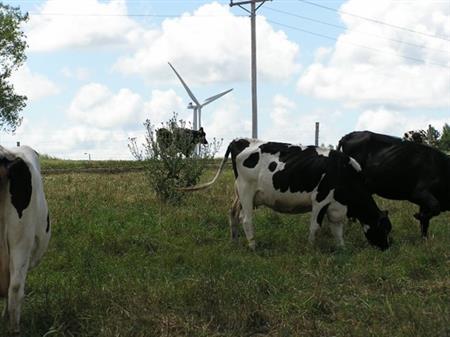
EcoEducation: Regenerative Food Systems to Help Sustain the Earth
Every time we hear about the need to rethink our agriculture we learn something new. In this meeting, George Boody, former Executive Director of the Land Stewardship Project added to our growing understanding of how we can support greater sustainability within our food system.
Agriculture produces 24% of green house gasses globally and it is no different in Minnesota. In Minnesota agriculture produces 1/4 of our emissions. Emissions from animal and crop agriculture have increased 10% over the last decade.
What farmers choose to grow is understandably influenced by business and policy and we as consumers can help influence those decisions. Right now, row monoculture crops and raising animals separate from the land are still the norm. If we could move 25% of high yield land and 25% of marginal yield land to regenerative practices, we could get a 30% reduction of green house gasses.
So what are regenerative practices? It is things like using cover crops, longer crop rotations, using winter annual crops, composting, incorporating silvopasture (planting trees in pastures), minimizing disturbance using no till or min-till, reducing chemicals, increasing plant diversity, growing under windmills and solar panels, and encouraging managed rotational grazing.
What can we do? Well - join groups like the ecoclub! Choose to eat a plant rich diet. Seek food from farmers who practice regenerative farming. Garden ourselves. Minimize food waste. If you own farmland, add soil building into the lease. Support policy changes that encourage farmers to use these practices - such as allowing crop insurance to include cover crops.
